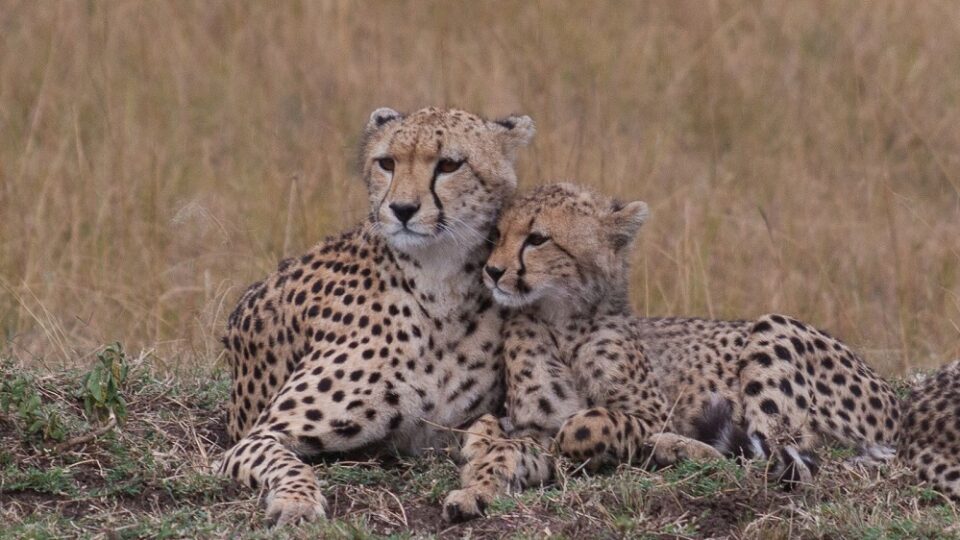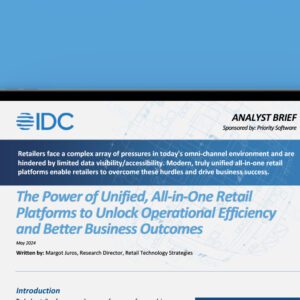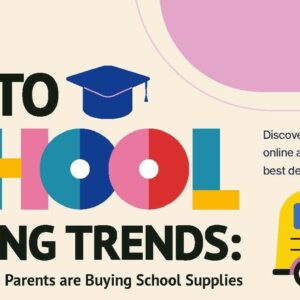Just about everybody on the internet loves animal videos, particularly those that are funny, touching or maybe both. The founders of Animals Around the Globe, a website combining news, scholarly articles, photos and videos, want to transmute its visitors’ love for this content into affection for the animals themselves — and they put their money where their mouth is by donating a portion of their profits to animal safety and conservation organizations worldwide.
Now the site, which gets its revenue from ad sales, is preparing to become a retailer, potentially selling animal-themed apparel or souvenirs. Even then, the plans are to devote a portion of the profits to the NGOs it supports. Animals Around the Globe also plans to build a mobile app that will forge even closer connections with users and unlocking a potential new sales channel.
Co-founder Christopher Weber shared how the fast growth of the site’s community has smoothed its path toward becoming an online retailer.
Retail TouchPoints (RTP): How did Animals Around the Globe start?
Advertisement
Christopher Weber: I was working at Google with my co-founder Jan Otte. Our desks were near each other’s and we found that we both had a passion for animals, and we had working styles that meshed. So about four years ago we started with a blog about where to see the wildest animals — diving with orcas in Norway or tracking gorillas in Uganda, for example.
The site grew pretty quickly; we now have 20 people working for us and get more than 20 million page views per month, and we have 20,000 subscribers to our newsletter. In March 2023 both Jan and I left our other jobs to do this full-time.
We’re doing different media now; in fact we’re developing into more of a full-blown media company. Some of the team is focused on news; we also have YouTube and social media teams, and we also publish expert articles.
Our goal is to give animals a stage online. People spend so much time online, so why not spend a bit more of it with animals? Our idea is that the more excited you get about something, the more inclined you are to protect it.

RTP: How do you generate this content on an ongoing basis?
Weber: It’s a mix of user-generated content, and we work with a lot of photographers that we pay royalties to for their work. We’re also building partnerships with people on the ground, and that’s maybe 20% of our content. We recently went to Africa to find interesting partners that we could promote on our site. One organization has anti-rhino-poaching units in national parks there that directly confront poachers. Once [our content providers] are built out in Africa, we want to move to North America and Asia.
RTP: Which videos have most intrigued you personally?
Weber: A woman from Wisconsin contacted us with a photo of her cat being snatched by an eagle — I wasn’t aware that that happens. Fortunately she was fast enough to take a photo.
RTP: What are some of the main ways Animals Around the Globe communicates with its audience, and how do you decide which kinds of content to feature?
Weber: Facebook is a great way to communicate — we can ask a question and get 200 comments, and those provide a good understanding of what [our users] are looking for. We also do surveys on a monthly basis, and next year we’ll build an app that will have community-focused features.
In terms of content, we’re constantly testing. We’ve found, for example, that in the U.S., news on large sharks or bears works quite well.
RTP: What advice would you have for retailers or others looking to build a content-focused site?
Weber: It’s good to find a niche in the beginning, a little area where you can dominate — listing the top 10 areas where you can dive with white sharks, for instance. If you see people clicking on it organically, you’ll have a good start. Even if it’s just 10 clicks a day, it shows there’s an interest.
Of course, if you were starting out now, it would be quite different from what we did four years ago. We had focused on SEO [search engine optimization], and while you can still do that, it has to be done differently because of AI, which can virtually produce as many articles as possible. It’s interesting to us to see who has the most captivating content, because almost anything else can be easily reproduced.
In terms of retail, we’re in the fortunate position of having a large user base already, so we don’t have to buy it — we can test out different product ideas and develop them specifically for the users. Starting as a content company and then adding products gives us an advantage over starting with a product and trying to build a community out of it — and we have built the community already.













